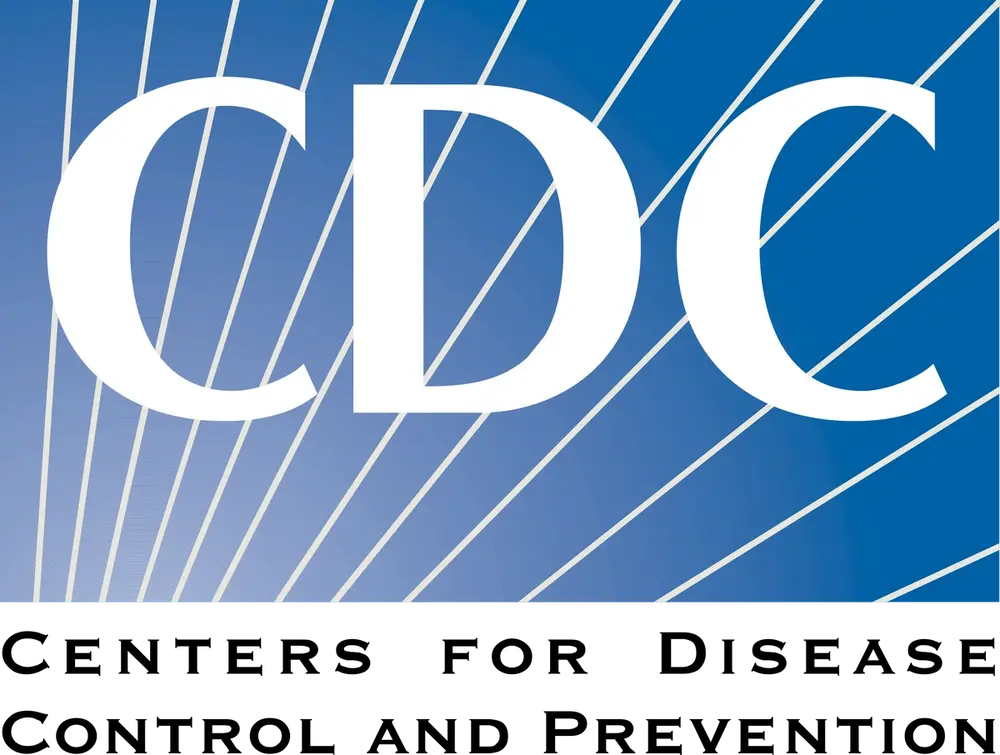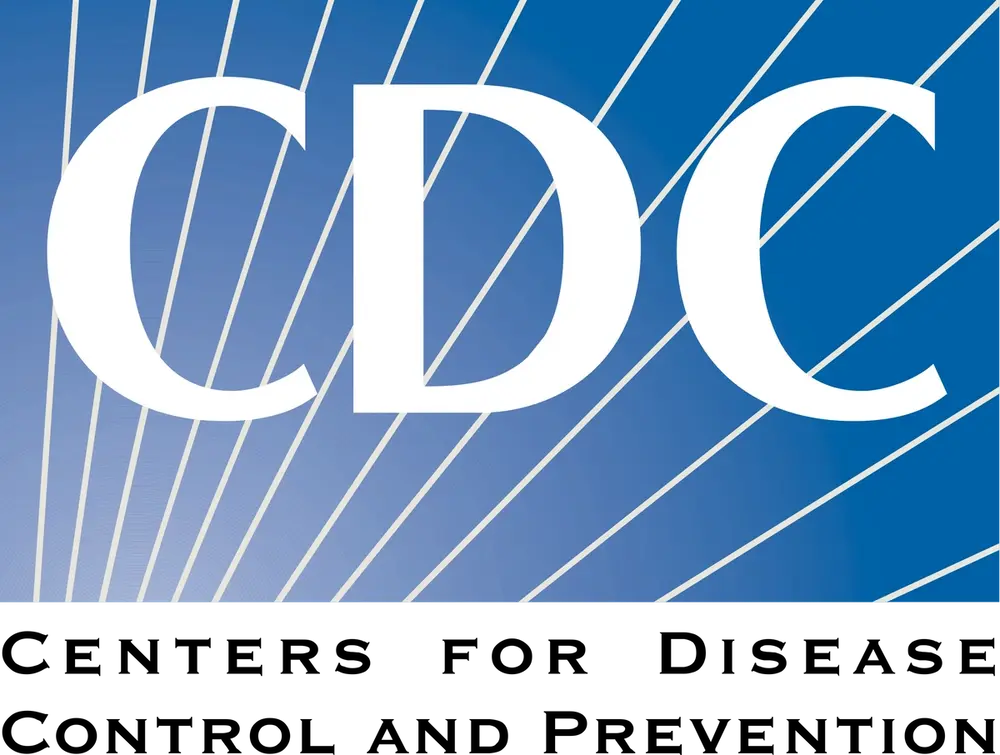
In today’s Centers for Disease Control and Prevention’s (CDC) ACIP group meeting, committee members voted to recommend that seniors 65 years and older receive an additional dose of the 2023-2024 formula COVID-19 vaccine.
Specifically, the ACIP committee voted on the following question:
ACIP recommends that person ≥ 65 years of age should receive an additional dose of the 2023-2024 formula COVID-19 vaccine.
The committee vote was 11-1 in favor of recommending the vaccine, and there was 1 voter who abstained.
This is a new recommendation for this year, and the CDC committee was presented with data and information showing this age group was more at risk for severe disease and mortality. People who are 65 years of age and older have the highest hospitalization rates. And despite the belief that COVID-19 has been declining, it is still claiming hundreds or thousands of people’s lives per week depending on that week’s incidence rates. According to the CDC, during its peak, approximately 2000 people were dying from COVID-19 weekly. More recently, incidence rates have fallen, but the numbers still show as many as 500 people per week are succumbing to COVID-19. People who are 75 years of age and older have the highest mortality rates.
Although there are increases of COVID-19 incidence rates during the respiratory virus season it does not have as sharp an increase or decline as other respiratory viruses such as RSV and influenza during the winter months.
Vaccine Efficacy
One of the more interesting aspects is the current vaccines’ efficacy (VE) vs their efficacy a few years ago when the vaccines were still investigational. One of the committee members had posed a question about the apparent drop in the VE.
“Context is so important,” said presenter Ruth Link-Gelles, PhD, CDC, commander, United States Public Health Service Commissioned Corps. In thinking about the vaccine from a historical perspective she explained no one had been exposed to the wild strain a few years ago. “The vaccine had the opportunity to protect absolutely. We are in a completely different place.”
Slideshow: Looking at Vaccine Efficacy
In thinking about it today where 98% of the US population has had either prior immunity via vaccination, prior infection, or both, Link-Gelles offered further insights. “It protects against future disease. It provides an additional benefit.”
Vaccine Coverage and Attitudes
During this morning’s session on COVID-19 and the vaccines, various CDC presenters offered insights on the latest data including vaccine coverage and attitudes about future vaccine immunization amongst the public.
In a survey conducted by CDC, 37%-42% said they would not get vaccinated. Females had a higher vaccination coverage at 23% and males were at 18%.
Interestingly, cardiovascular disease is the number 1 underlying medical condition for hospitalization in all adults 50 years and older. For those adults 18-48 years old, the biggest underlying medical condition was obesity. Possibly a bit surprising was that across all ages, chronic lung disease was not the highest reason for hospitalization, and in some groups not even second.
June Vaccine Policy Decision
CDC offered a new proposal with the idea of moving up the timeline for the annual COVID-19 vaccine schedule for the following season. The federal agency presenters said they wanted to move up the decision to June.
For 2023, the decision for the immunization schedule was made in the second half of the year. In their presentation, CDC pointed out that the COVID-19 vaccine schedule for this past year was voted on by ACIP on September 12, updated on September 27, and published in the MMWR on October 10.
Slideshow: How a June Deadline Impacts the COVID-19 Vaccine Schedule
The CDC presenters pointed out that on the week ACIP voted on the schedule last September, there was a COVID-19 surge with 19,895 hospitalizations, which was the second highest week of the year before a major uptick later in the fall and winter.
In addition, CDC pointed out several potential negative impacts for keeping the current timeline in place including less lead time in several areas including: for planning for the vaccine schedule, the possibility of a COVID-19 surge with hospitalizations not giving providers, facilities, and partners ample time to address the surge and mitigate the rise of disease, the inability of public health communication of the available vaccines and recommendations, and limited capability to set up vaccination clinics.
With a June deadline, CDC pointed out there would be several advantages in addressing these aforementioned issues.









Hi! purelyfitliving.com
Did you know that it is possible to send a business offer legally? We proffer a new legal way of submitting business offers through feedback forms.
You don’t have to worry about Contact Form messages being sent to spam, since they’re seen as significant.
We are now offering you the chance to use our service for free.
We can deliver a maximum of 50,000 messages for you.
The cost of sending one million messages is $59.
This offer is automatically generated.
Please use the contact details below to get in touch with us.
Contact us.
Telegram – https://t.me/FeedbackFormEU
Skype live:feedbackform2019
WhatsApp +375259112693
WhatsApp https://wa.me/+375259112693
We only use chat for communication.
Your article helped me a lot, is there any more related content? Thanks! https://accounts.binance.com/fr/register?ref=GJY4VW8W